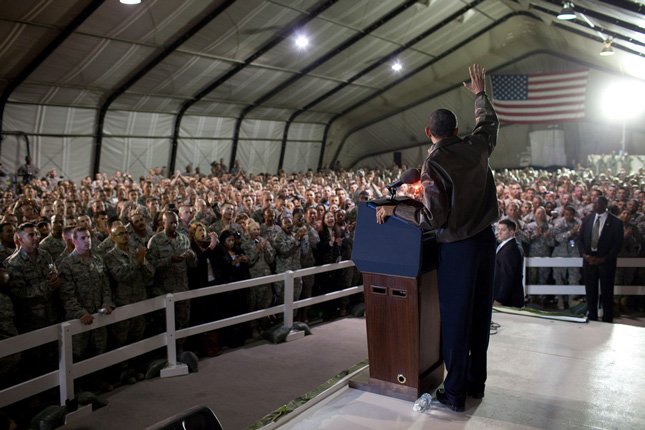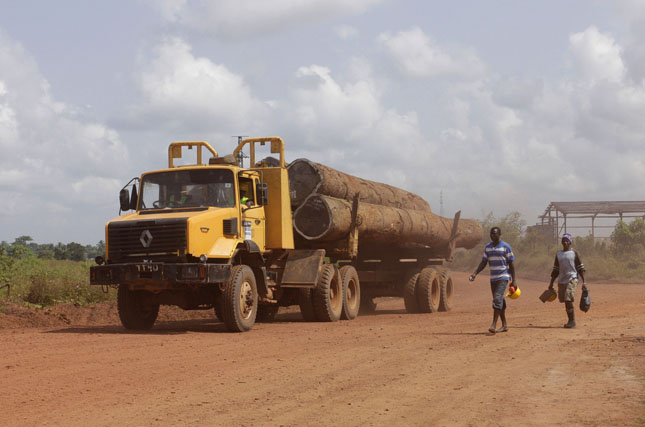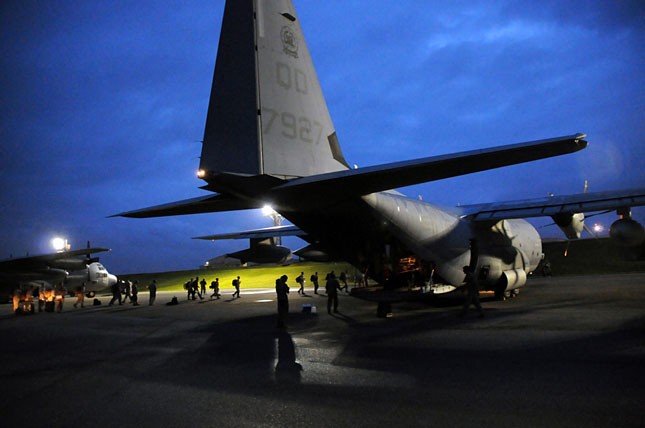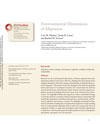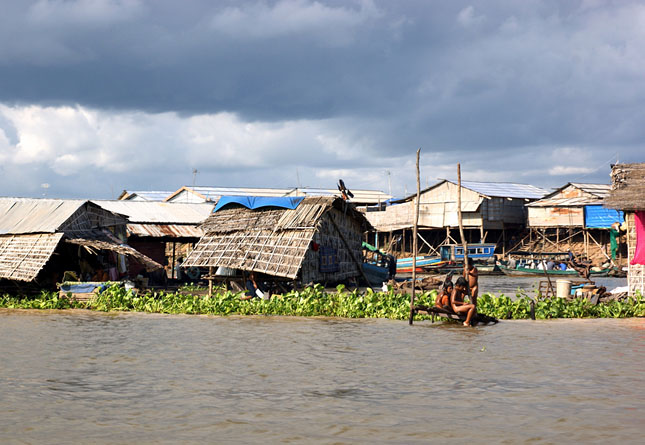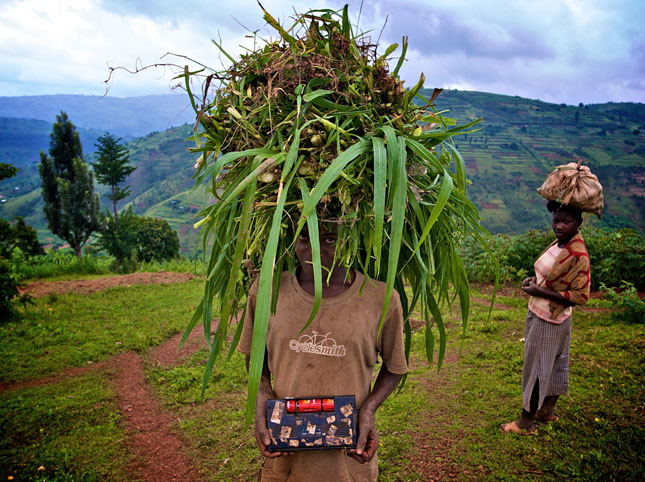-
Did Paris Address the Climate Challenges Faced by African Communities?
›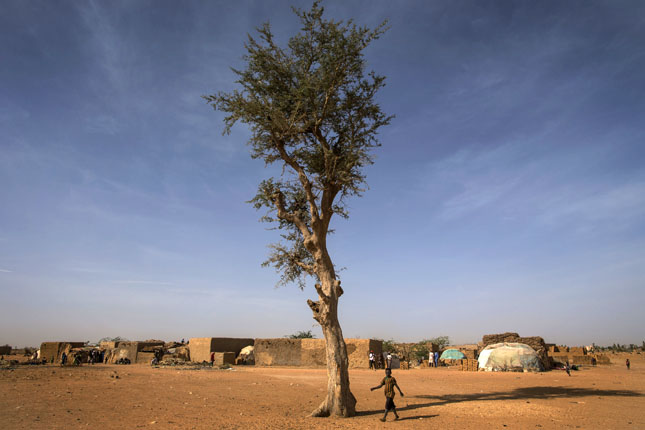
Since its adoption after COP-21 in December 2015, the Paris Agreement has received mixed reviews. Some stakeholders, mostly industrialized countries, see the climate deal as a success. Developing countries have generally been more cautiously optimistic, welcoming the agreement as the best option under the circumstances.
-
The Commander in Chief, Congress, and Climate Security: Who Has the Authority?
›
Climate change is the world’s greatest environmental threat. It is also increasingly understood as a threat to domestic and international peace and security – recognized by the Department of Defense as a “threat multiplier,” by Secretary of State John Kerry as “perhaps the world’s most fearsome weapon of mass destruction,” and by President Obama, in an address to graduates of the United States Military Academy, as “a creeping national security crisis.” The Supreme Court’s temporary blocking of the Clean Power Plan highlights the Federal-State divide over how to address climate change, but because of its national security dimension, climate change also raises unique separation of powers issues between the president and Congress with regard to how the military can respond.
-
Prized Natural Resources Are Rarely Addressed in Peace Agreements
›February 10, 2016 // By Haodan "Heather" Chen
Despite evidence that natural resources play a major role in many conflicts – 40 percent of all civil wars since the end of the Cold War, according to an estimate by the UN Environment Program – a study conducted by Arthur G. Blundell and Emily E. Harwell for the NGO Forest Trends reveals that most ceasefire and peace agreements do not address natural resources.
-
Climate Change, Disasters, and Security: Unconventional Approaches to Building Stability
›
It is “not sufficient to look at history for lessons on how we should prepare for and prevent future security risks in a climate change world,” said Swathi Veeravalli, research scientist at the U.S. Army Corps of Engineers’ Geospatial Research Laboratory, at the Wilson Center on January 14. Climate change and the extreme weather events it brings pose an “unprecedented” threat to human security. [Video Below]
-
An Environmental Migration Review and 6 Recommendations to Build Livelihood Resilience
› An article in the Annual Review of Sociology reviews much of the research on the relationship between environmental factors and migration, providing a timely overview of a complex field. “Migration is often a household strategy to diversify risk,” write Lori Hunter et al., but can be influenced by any number of determinants, including at the macro level (e.g., environmental, social, cultural, economic, and political dynamics), the meso level (e.g., intervening obstacles and facilitators), as well as the micro level (e.g., personal and household characteristics).
An article in the Annual Review of Sociology reviews much of the research on the relationship between environmental factors and migration, providing a timely overview of a complex field. “Migration is often a household strategy to diversify risk,” write Lori Hunter et al., but can be influenced by any number of determinants, including at the macro level (e.g., environmental, social, cultural, economic, and political dynamics), the meso level (e.g., intervening obstacles and facilitators), as well as the micro level (e.g., personal and household characteristics). -
Fire and Oil: The Collateral Environmental Damage of Airstrikes on ISIS Oil Facilities
›As the United States, Russia, and others step up attacks on the self-proclaimed Islamic State in Iraq and Syria (ISIS), there is concern over their direct and long-term environmental and public health impacts. Many air strikes have targeted lucrative oil installations under the control of ISIS, and these could have severe detrimental effects for Syria’s future, both environmentally and socio-economically. Questions around the effectiveness of these strikes, both from a military and political perspective, seem to be missing in the wider debate.
-
Climate Compensation: How Loss and Damage Fared in the Paris Agreement
›
The agreement coming out of the COP-21 negotiations gave breakthrough recognition to the concept of “loss and damage,” sorting through thorny discussions and politically charged negotiating positions. These positions revolved around liability and compensation, which developing countries called for but developed countries were unwilling to have included in the agreement.
-
Empower, Educate, and Employ Youth to Realize the Demographic Dividend
›
In the course of development, most countries undergo a demographic transition. Health conditions improve and mortality rates decline, causing rapid population growth and a relatively high proportion of young people. Over time, if fertility declines, as it has in most places, growth slows and there is a period when the proportion of very young “dependents” shrinks in comparison to the working age population. This moment represents an opportunity for a “demographic dividend” – an economic boom as a comparatively large cohort of the total population moves through their most economically productive years. [Video Below]
Showing posts from category UN.


